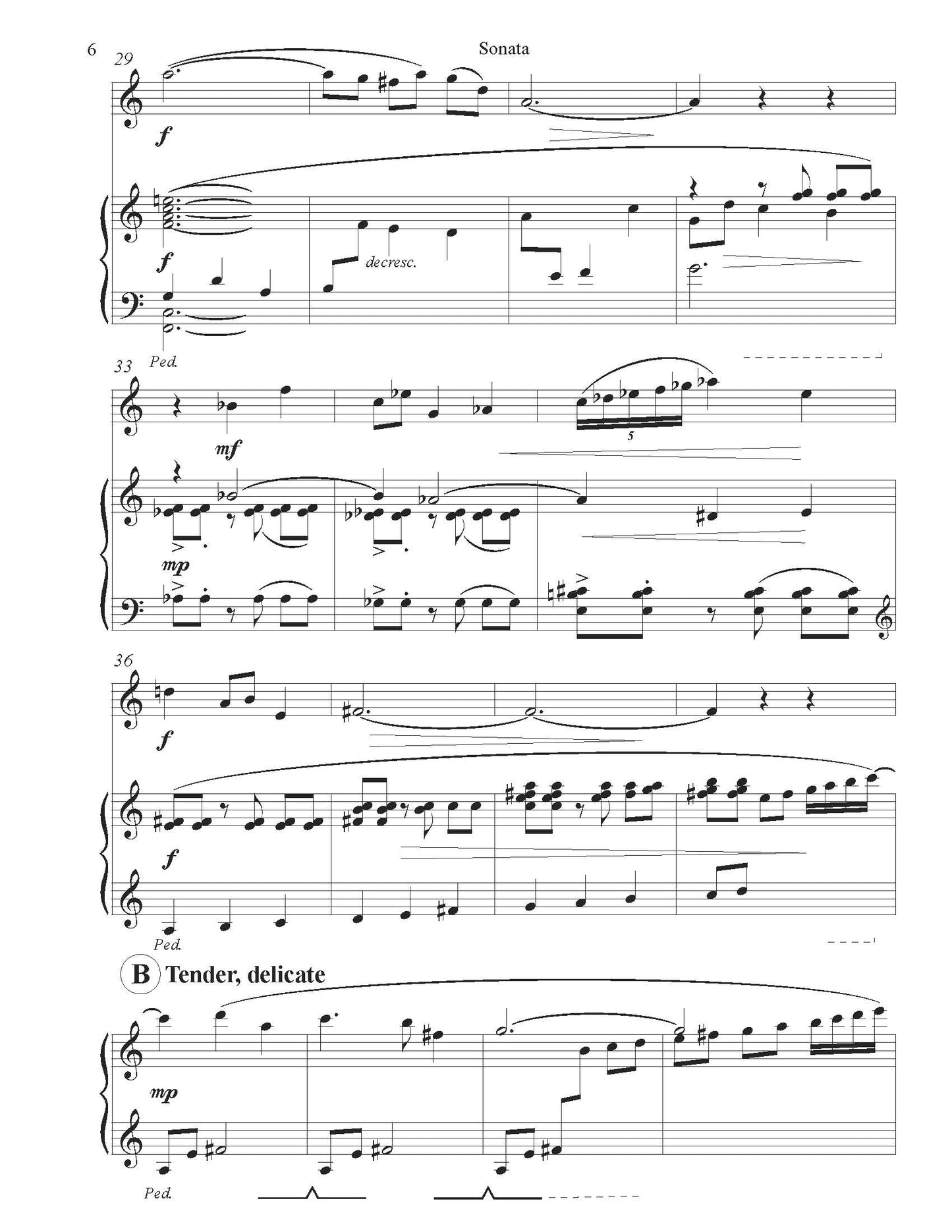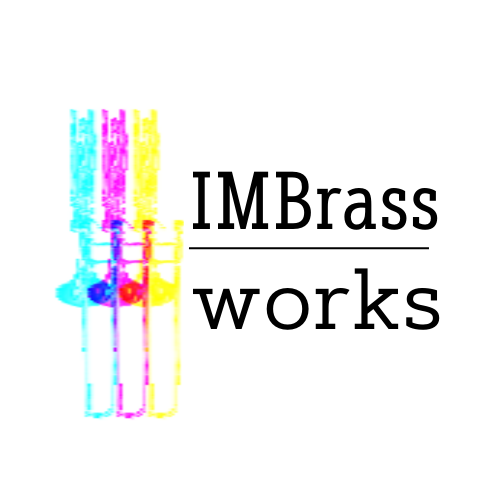IMBrassWorks
Robert Denham: Transformatio Trumpet Sonata
Robert Denham: Transformatio Trumpet Sonata
Couldn't load pickup availability
From this composer:
"My college years centered on the trumpet sonatas of Paul Hindemith, Kent Kennan, Morten Lauridsen, and Halsey Stevens, among others. These were serious academic works which, to me, stood out as pillars of the repertoire. With this project, I purposed to write a piece that would stand well alongside of these other works. Unlike any of my previous compositions, I decided to unashamedly embrace the sonata and rondo forms so typical of the first and third movements in this genre. I wanted the movements to explore the boundaries of harmonic color while not alienating the listener. I also wanted to include elements of minimalism and jazz.
I have appropriated the mission values of Biola University where I serve as Professor of Theory and Composition—these are truth, transformation, and testimony (or veritas, transformatio, and testimonium). Truth corresponds well with the first movement as it possesses a sort of confidence and gravity, especially in the exposition and recapitulation.
Transformation is appropriate for the middle movement as the color and figuration in the trumpet evolves over what is essentially a ground bass. And Testimony fits the last movement as, with any fanfare, it concerns itself with declaration and celebration.
I approached University of Akron Assistant Professor of Trumpet Studies James Johnson,
and he agreed to work with me in premiering this work. Jim and I worked together
previously on Far Across Lake Merritt for trumpet, horn, and piano, and also on Maxwell,
a tuba feature for combined brass and woodwind quintets plus piano and percussion.
I want to thank him formally here for his participation on this project! Jim suggested that
the piece be written for college freshman and sophomore-level players, and I tried to take this into consideration. It is most likely, I think, that a player of this level would want to perform only a single movement of this piece, although they might want to program it in its entirety later on when they produce a full recital."
Share








